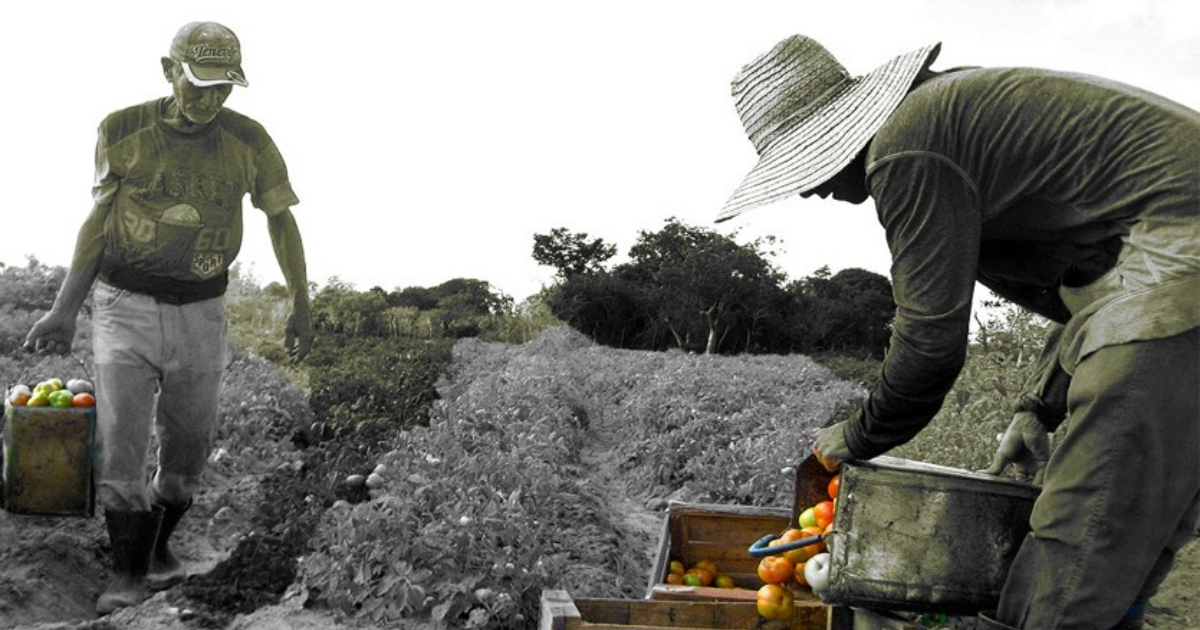
The lack of fertilizers and fuel led to Ciego de Ávila having the worst tomato campaign in the last 10 years, despite the increase in the total hectares planted.
Pedro Manuel Díaz González, a specialist in the Provincial Delegation of Agriculture, acknowledged to the official press of that province that the farmers had zero access to these products and the price they had to pay for a 20-liter bottle of fuel amounted to two thousand. pesos, in the informal market.
"Do you think that without products and almost without oil, they can be required to plant large areas and then take them to the industry?" the Agriculture official told the newspaper. Invader.
From September of last year to February of this year, only almost 2,500 hectares were planted, 69% of the plan, of which 948 will be allocated to the industry and that figure does not represent even half of what was processed in the previous campaign.
The Majagua and Florencia factories will grind only about 2,400 tons of tomato, but a part of that fruit will not be harvested in Ciego de Ávila, but will arrive from Jatibonico and Yaguajay, in Sancti Spíritus.
The tomato deficiency also affects the industry Ceballos, an emblematic company from Ciego de Ávila that in the past processed almost all the tomatoes that were taken from the field, but in the current season they have only worked with 90 tons and at the end of the campaign it could reach 1,600, if there are no setbacks.
“Perhaps at the end of March the bulk of what was planted will be harvested,” commented Enier González Suárez, director of the agro-industrial company, who confessed that the farmers did not want to take risks and only planted 176 hectares.
Although Ceballos paid the farmers about 170 thousand MLC, there were no inputs to buy, although in the coming months that situation could change if a consignment store project is finalized, where foreign firms will sell what the tomato growers need.
Experts warn that the payment of 60 MLC for each ton of tomatoes sold to the industry is insufficient; Not to mention that other companies like Majagua's do not have funds in foreign currency and even by paying a thousand pesos per quintal, the farmers do not cover the expenses.
"In the last 12 years, in the province, the vegetable has been crushed literally and metaphorically. Ground (de)tomato that has gone to the industry and statistics, increasingly pyrrhic. Tons and hectares translated into unthinkable yields," concluded the journalist Katia Siberia.
What do you think?
COMMENTFiled in: